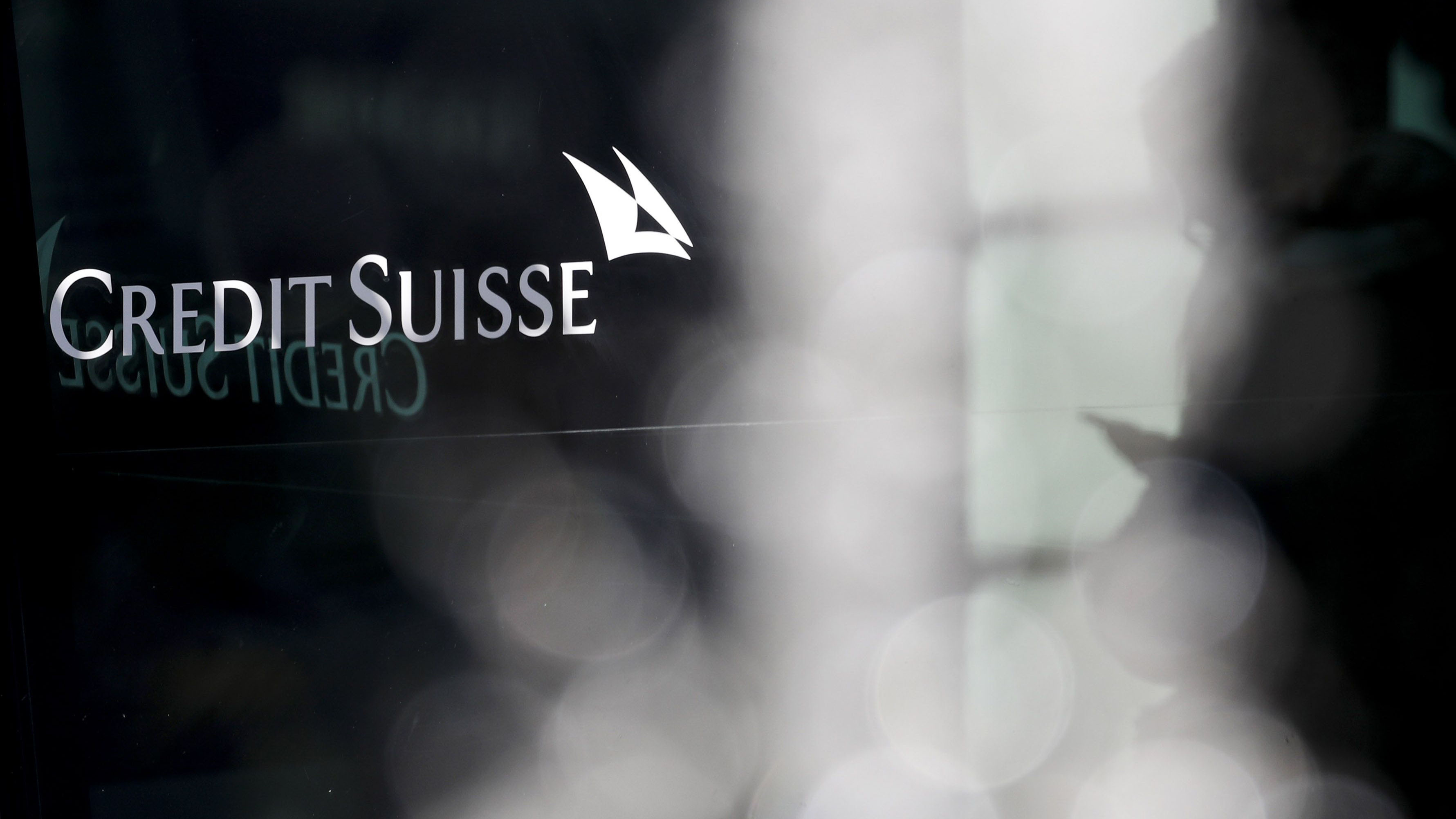
The involvement of shadow banking entities and a lack of transparency can cause disproportionate losses.
One major lesson banks need to take from the recent losses arising from their involvement with Archegos Capital and Greensill Capital is that simply staying within the rules will not protect them from regulatory scrutiny, reputational damage and legal actions.
At first sight, Archegos and Greensill do not have much in common – Archegos is a family office to which prime brokers provided finance for it to invest in the stock market whereas Greensill’s business was reverse factoring, which consists of paying the invoices of companies’ suppliers and then recovering the invoice amounts from the companies later. However, there are a number of underlying similarities about the resultant losses which should be of concern to banks (in particular, Credit Suisse which was funding both Archegos and Greensill).
The first similarity is that the losses occurred from prime brokerage operations, not an area of the market which has been regarded as particularly high risk. Prime brokers have tended simply to provide working capital to hedge funds and other financial institutions. For this reason, prime brokers have been subject to less strict regulatory control or disclosure rules. Added to that, Archegos was technically classed as a family office, since it only managed the assets of its principal, Bill Hwang. As such it was also subject to a relatively low level of regulation since it did not manage third parties’ investments, unlike hedge funds. Similarly, Greensill’s business of invoice financing has traditionally been regarded as low margin and low risk because it was provided to large companies who were unlikely to default, and the banks used money from their own balance sheets to finance it.
The banks may have taken comfort from the low level of regulation in considering these activities inherently low risk. But while it is not clear that any bank was in regulatory breach, what Archegos and Greensill have highlighted is that an increasing involvement of shadow banking entities (hedge funds and other non-bank financiers) in areas traditionally occupied by large banks and the lack of transparency in certain areas of the financial markets can lead to disproportionate losses being incurred by the banks themselves.
Warning signs
With both Archegos and Greensill, the warning signs of high-risk trades were there. In the case of Archegos, banks were providing highly leveraged synthetic trades to a fund run by a manager with a record of suspect dealings. In addition, the banks’ trades with Archegos were total return swaps which allowed it to take highly leveraged synthetic positions in equities which it did not have resources to buy outright. These highly leveraged positions meant that a fund with relatively small resources was highly exposed to volatility in the stock markets. This risk was further magnified by the fact that the stocks it invested in were largely concentrated on Chinese technology companies and a small number of US media stocks. Volatility in the markets led to margin calls by the banks against Archegos, which could not be met which in turn led to the banks having to unwind their positions at a huge loss. The lack of transparency over the positions held by Archegos seem to have contributed to the massive over-exposure of several banks in trading with Archegos.
The operations of both Archegos and Greensill tell us something about the increasing risks for banks associated with shadow banking
The losses suffered in the case of Greensill show a similar lack of transparency and greater than normal risk. For a start, it did not have deep enough pockets to provide finance through its own balance sheet but from funds sold by Credit Suisse to outside investors. Another similarity was Greensill’s reliance on a small group of clients which meant that the failure of one of them could bring down its whole operation. However, one of the reasons why supply chain invoice factoring may not have been on risk managers’ radars is that accountancy rules have not required companies to treat it as debt in their accounts.
The operations of both Archegos and Greensill tell us something about the increasing risks for banks associated with shadow banking and other disruptive players in the financial world. Archegos and Greensill were similar in that they were relatively small players who relied on banks for finance. The risks they ran were greater than for the banks who had traditionally operated in those areas and when the risks turned to losses, they were borne not only by themselves but were indirectly shared by the banks and other market participants. So, particularly in the case of Greensill, insurers and outside investors have also been caught up in the losses.
Legal fallout
Further legal fallout is expected to come from both the Archegos and Greensill losses, and even now it is clear there will be differences between them. The main difference being that it is not clear at this time, whether anyone other than the bank’s own shareholders have suffered a loss relating to Archegos. Whereas in relation to Greensill, lawsuits have already begun against Credit Suisse on behalf of the investors in its Greensill-related funds. Regulators will be looking to analyse the actions of all concerned and the banks themselves will be considering how such losses occurred in the first place. The banks will, too, be looking to ascertain whether anyone else should take responsibility.
The danger for the future is that if banks are simply using the level of regulation as a measure by which to assess the riskiness of their operations, they need to think again. Just because activities fall within areas which are outside the scope of tight regulatory scrutiny does not mean that there is little risk to the banks, either financially or in terms of reputational damage.
Robin Henry is a partner at law firm Collyer Bristow.



